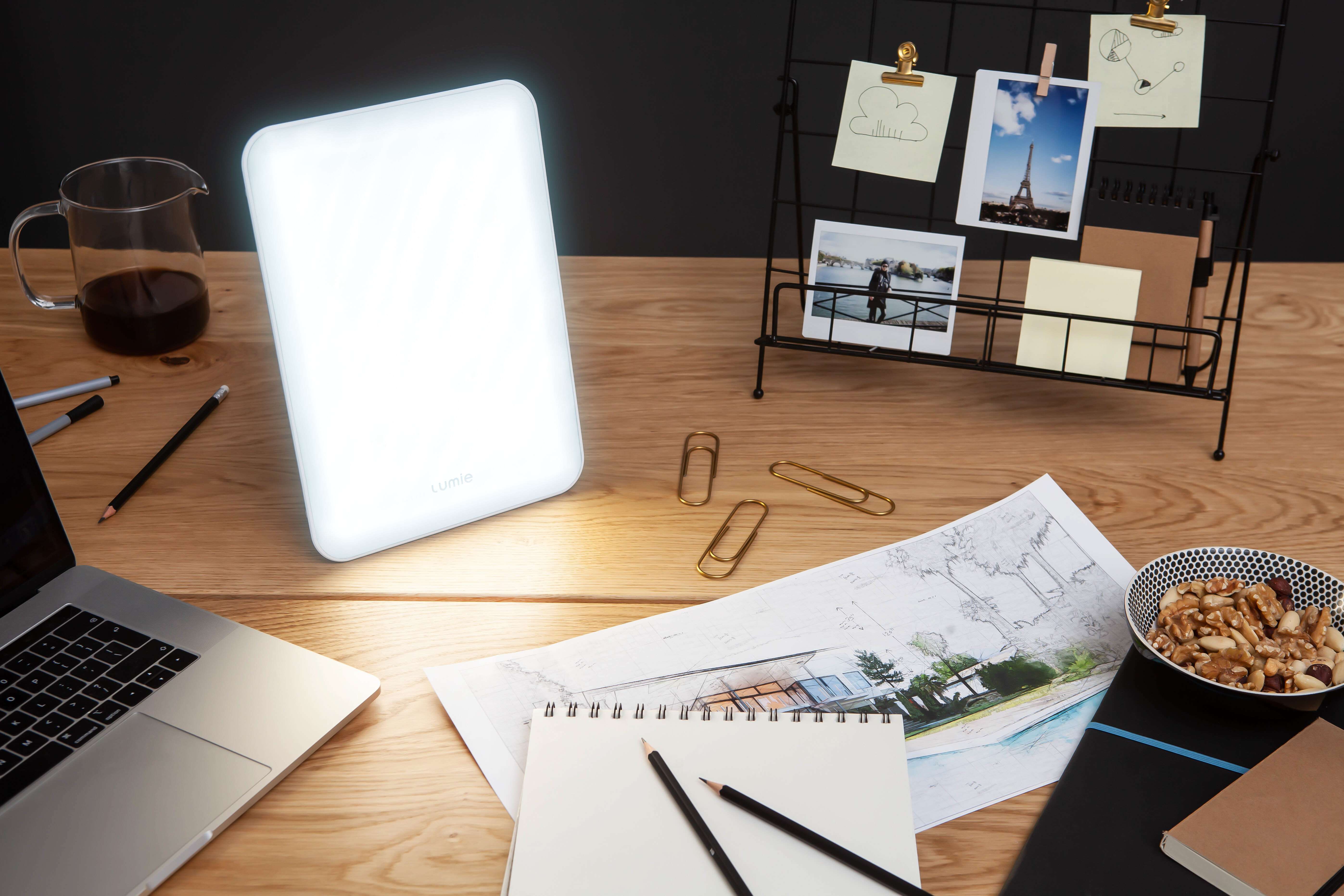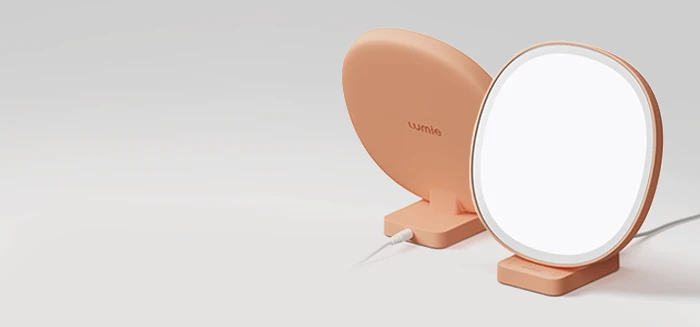Light Therapy For Early Birds and Night Owls

Circadian rhythms are ~24 hour rhythms in physiology and behaviour which are driven by an internal clock. The most obvious example is our sleep/wake cycle but there are in fact rhythms in nearly all aspects of our physiology and behaviour including metabolism, the production of certain hormones and our level of alertness.
Circadian rhythms can become inappropriately aligned with our desired sleep/wake schedule, for example during jet lag and night shift work, and this can result in a disrupted sleep pattern and have implications for health, well-being and safety. For example, we know that night shift work is associated with an increased risk of cancer, obesity and diabetes which could be due to the consequences of chronic sleep deprivation or due to performing certain activities at an inappropriate internal time when body systems are not operating optimally e.g. eating a large meal at night when the metabolic pathway is at a low level of activity. Recent work has shown that sleep deprivation can directly influence gene expression involved in metabolism, stress and the circadian clock with all these systems as well as the immune and inflammatory responses being affected.
Yes it is thought that our genetic make-up influences whether we are a morning or evening type. The Period 3 clock gene is associated with time of day preference with one version associated with morning and another with evening types.
Night owls may be able to stay up later and party more than larks but they may well struggle with the 9-5 society that we live in as they will stay up late but then need to get up earlier than their clock is programmed for to get to work resulting in a shortened night sleep. This would result in them being chronically sleep deprived which could affect their metabolism, their level of alertness and ability to recall, their mood and many other aspects of their health.
In contrast, early birds are less likely to have to cut their sleep period short each night and therefore should suffer less from chronic sleep deprivation and its associated health problems.
For the majority of people, the body clock runs at slightly longer than 24 hours and so requires a morning light cue to remain synchronised to local time and ensure good quality sleep at the desired time. In the dark winter mornings, when this cue is absent, it may be beneficial to supplement your clock by using a bright light such as Lumie Vitamin L upon awakening; this will keep your body clock on track and your sleep patterns consistent. Morning bright light could also be beneficial for people who need to push their sleep times earlier, such as extreme late types (owls), teenagers and for commuters who need to wake up early. Extreme early types (larks) who want to push their sleep patterns later in time could use light boxes in the early evening to achieve this effect.
Older people can use bright lights in the morning and early evening to provide strong dawn/dusk cues to their body clock; this should not only maintain the clock on local time but also boost the strength of the signals from the clock. Together this should result in good quality, consolidated sleep at the desired time.





